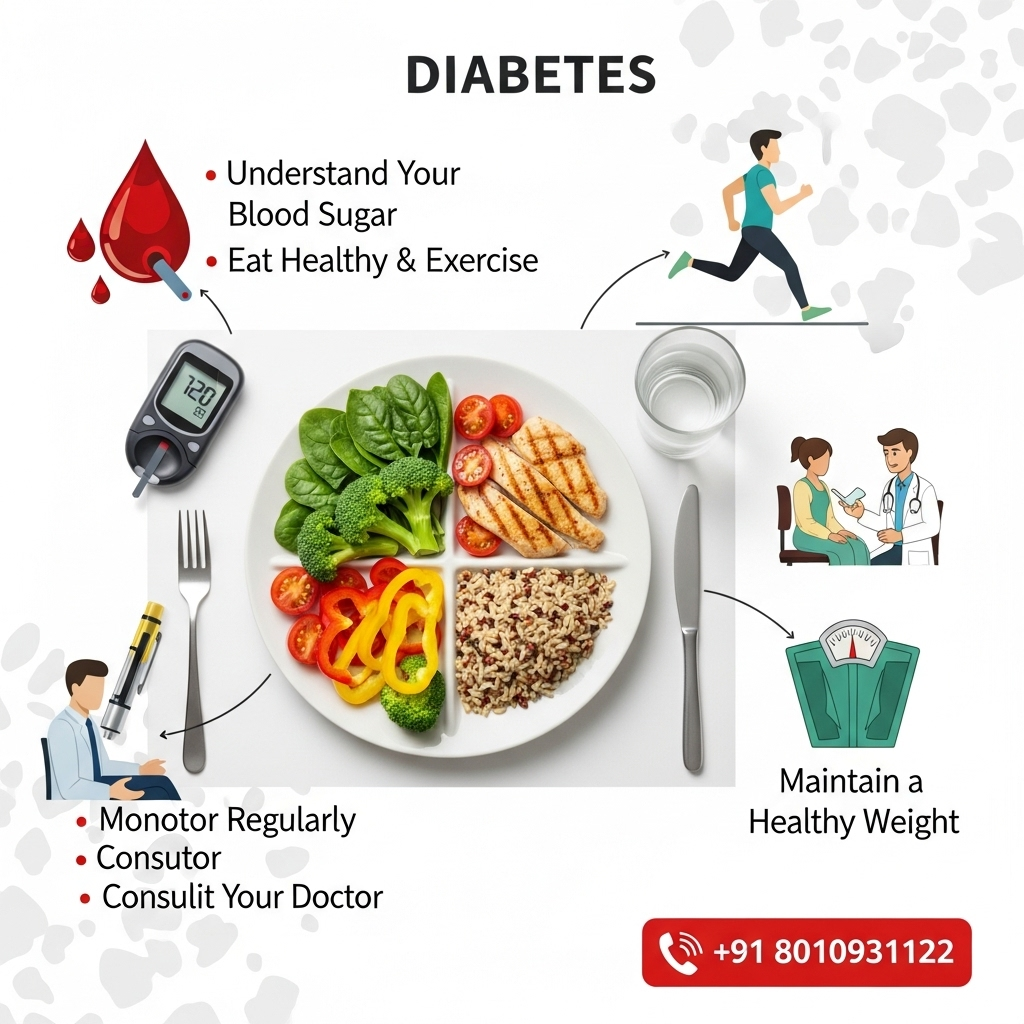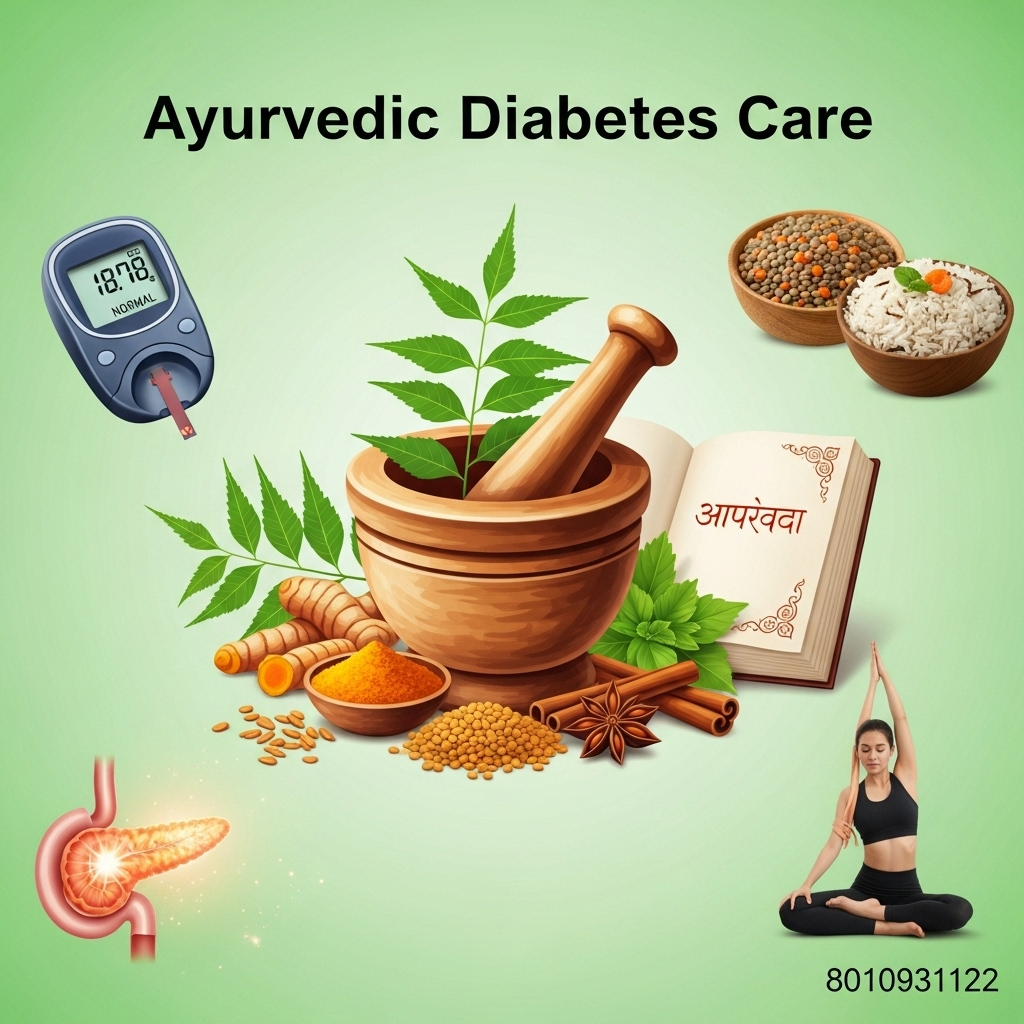Understanding Sugar Alcohols
Sugar alcohols are a type of sweetener that’s been gaining popularity, especially among folks with diabetes. They’re like the middle child between sugar and artificial sweeteners – not quite one or the other, but with some unique qualities.
Common types of sugar alcohols
You might have seen some of these names on food labels: xylitol, sorbitol, mannitol, and erythritol. These are all sugar alcohols. Despite the name, they don’t contain any alcohol that’ll make you tipsy! They’re called that because of their chemical structure, which resembles a mix of sugar and alcohol molecules.
The Relationship Between Sugar Alcohols and Blood Glucose
Impact on blood sugar levels
Here’s where things get interesting for people with diabetes. Unlike regular sugar, sugar alcohols don’t cause a rapid spike in blood sugar levels. It’s like they’re the laid-back cousins of sugar, taking things nice and slow.
Glycemic index of sugar alcohols
The glycemic index (GI) is like a speedometer for how fast a food raises blood sugar. Sugar alcohols generally have a lower GI than regular sugar. For example, while table sugar has a GI of 65, xylitol’s GI is only around 7. That’s quite a difference!
Potential Benefits for Diabetics
Lower calorie alternative
One of the perks of sugar alcohols is that they have fewer calories than sugar. It’s like getting the sweetness without all the guilt. For instance, while sugar has about 4 calories per gram, erythritol has zero calories. That’s pretty sweet, right?
Reduced insulin response
Because sugar alcohols don’t cause a big spike in blood sugar, your body doesn’t need to produce as much insulin to deal with them. This can be a real plus for people with diabetes who are trying to manage their insulin levels.
Possible Risks and Side Effects
Gastrointestinal issues
Now, it’s not all sunshine and rainbows. Some people find that sugar alcohols can cause tummy troubles like bloating or diarrhea. It’s a bit like how some folks can’t handle dairy – everyone’s different.
Interactions with medications
If you’re taking medications for diabetes, it’s important to chat with your doctor about using sugar alcohol. They might affect how your meds work, and we want to make sure everything’s playing nicely together.
Overconsumption concerns
Just because sugar alcohols are lower in calories doesn’t mean you can eat them without limits. Too much of anything isn’t good, and overdoing it on sugar alcohols can lead to those tummy issues we talked about earlier.
Incorporating Sugar Alcohols into a Diabetic Diet
Recommended daily intake
There’s no one-size-fits-all answer here, but a good rule of thumb is to start small and see how your body reacts. Maybe try a few grams a day and work your way up if you’re tolerating it well.
Reading food labels effectively
When you’re shopping, keep an eye out for sugar alcohols on the ingredient list. They might be listed by their specific names (like xylitol or sorbitol) or just as “sugar alcohols.”
Balancing sugar alcohols with other carbohydrates
Remember, sugar alcohols are still a type of carbohydrate. So while they might not spike your blood sugar as much as regular sugar, you still need to count them in your overall carb intake.
The Role of Sugar Alcohols in Diabetes Management
As part of a comprehensive diet plan
Sugar alcohols can be a helpful tool in managing diabetes, but they’re just one piece of the puzzle. A balanced diet with plenty of vegetables, lean proteins, and whole grains is still key.
Monitoring blood glucose response
Everyone’s body is different, so it’s important to keep track of how sugar alcohols affect your blood sugar. You might want to check your levels before and after eating foods with sugar and alcohol to see how you respond.
Why Choose Dr. Monga Clinic for Diabetes Treatment?
Dr. Monga Clinic specializes in diabetes care and can help you navigate the complexities of managing your condition, including how to incorporate sugar and alcohol into your diet safely.
Summary
Sugar alcohols can be a useful option for people with diabetes who are looking for ways to satisfy their sweet tooth without causing big spikes in blood sugar. However, they’re not a magic solution and come with their own set of pros and cons. As with any change to your diet, it’s best to discuss using sugar alcohol with your healthcare provider to make sure it’s the right choice for you.
While most sugar alcohols are generally considered safe for people with diabetes, it’s always best to check with your doctor. Some might be better tolerated than others, and your health situation matters.
Sugar alcohols are lower in calories than regular sugar, so they’re less likely to cause weight gain. However, they’re not calorie-free (except for erythritol), so eating large amounts could still contribute to weight gain.
Sugar alcohols generally have a minimal impact on ketosis because they don’t significantly raise blood sugar or insulin levels. However, if you’re following a ketogenic diet, it’s still important to count sugar and alcohol as part of your total carb intake.
While there have been studies on sugar alcohols, long-term research specifically on their effects in people with diabetes is limited. This is why it’s important to use them in moderation and keep monitoring your health with your doctor’s guidance.











Leave a Reply